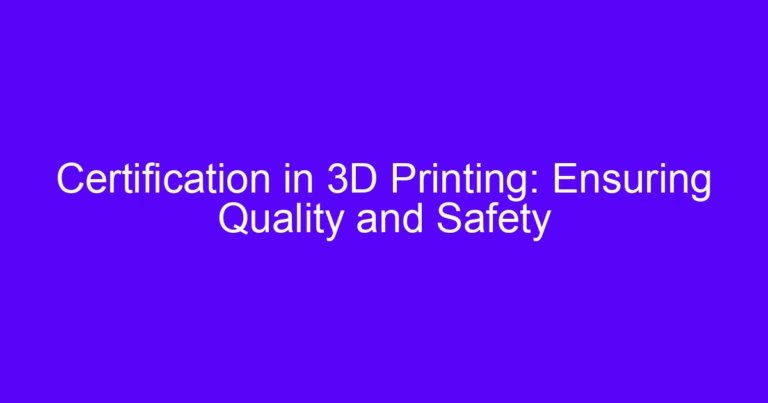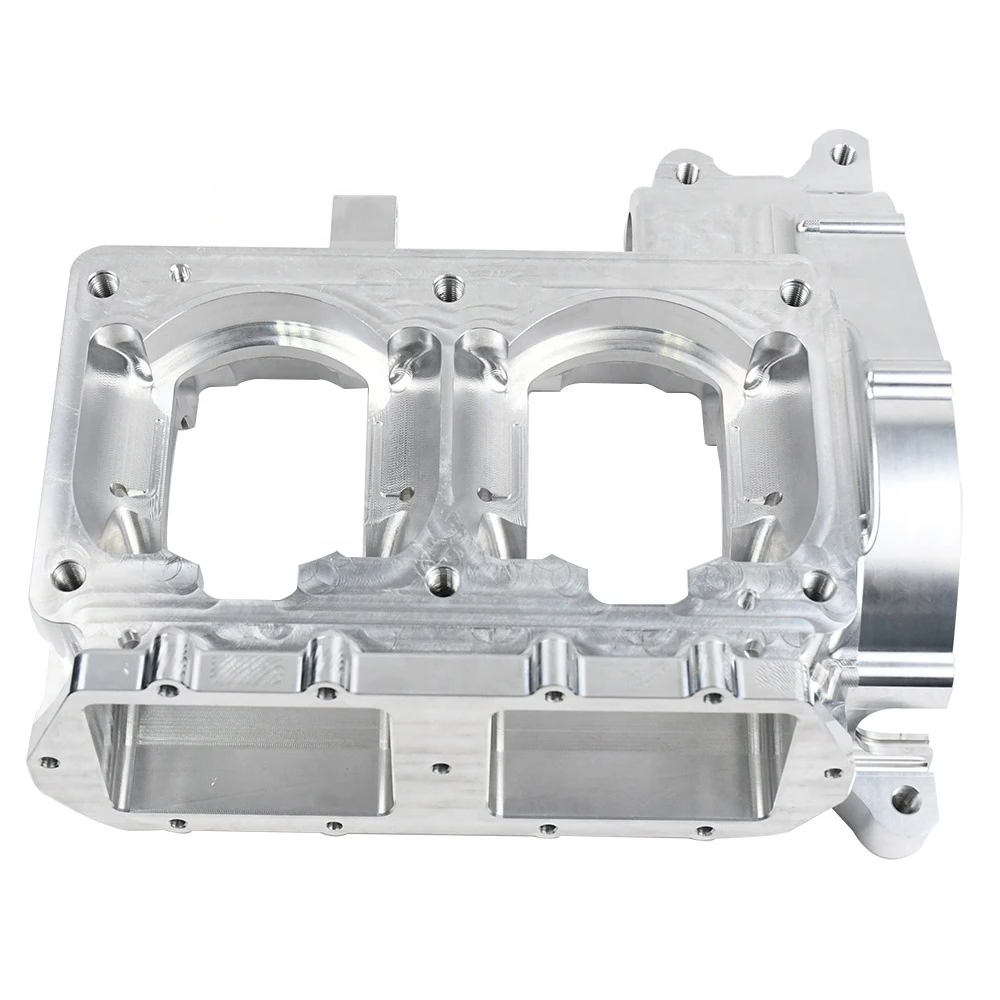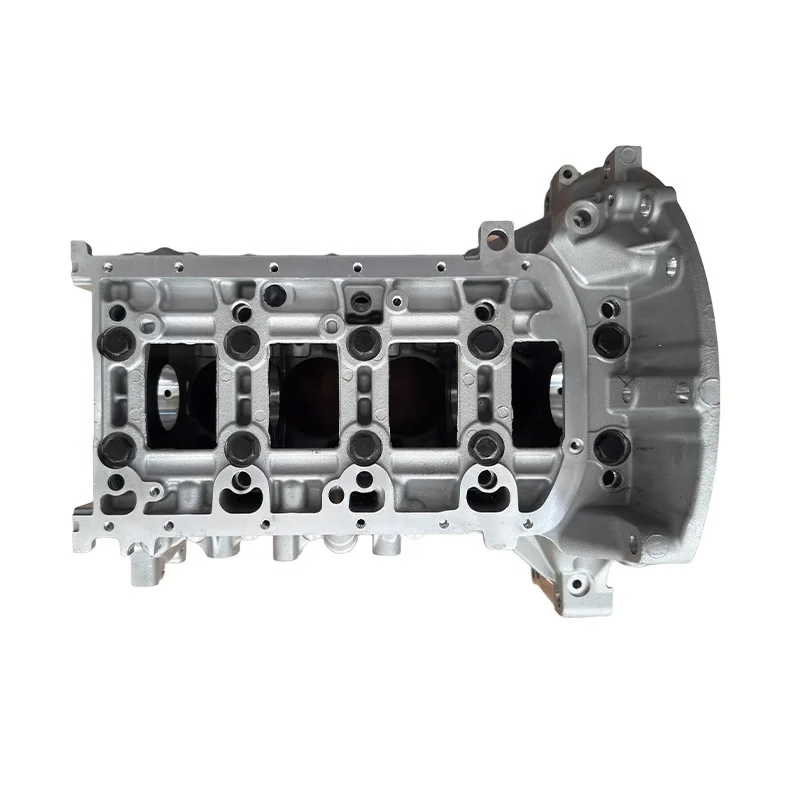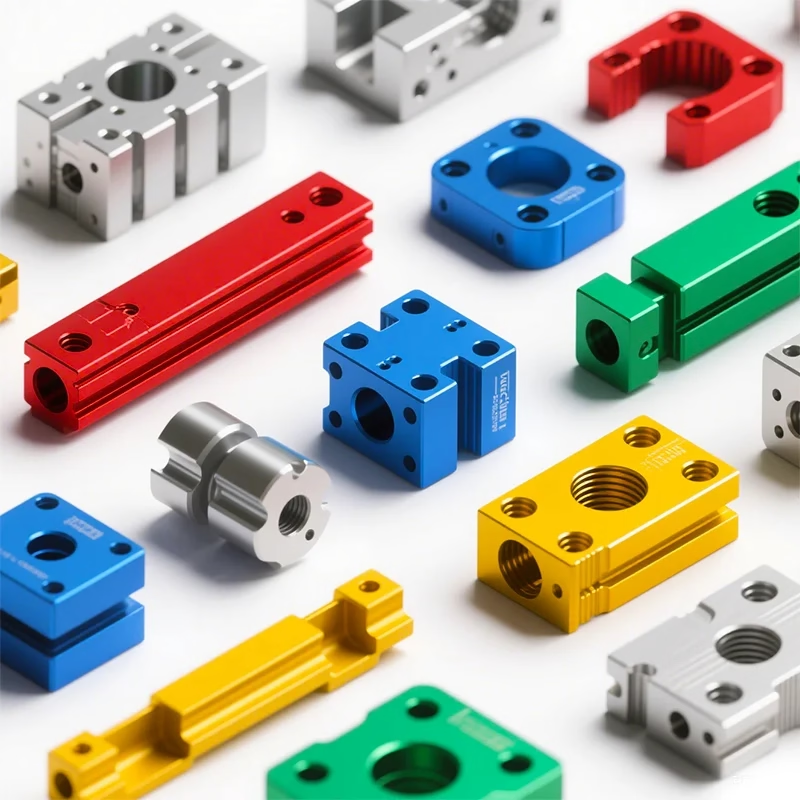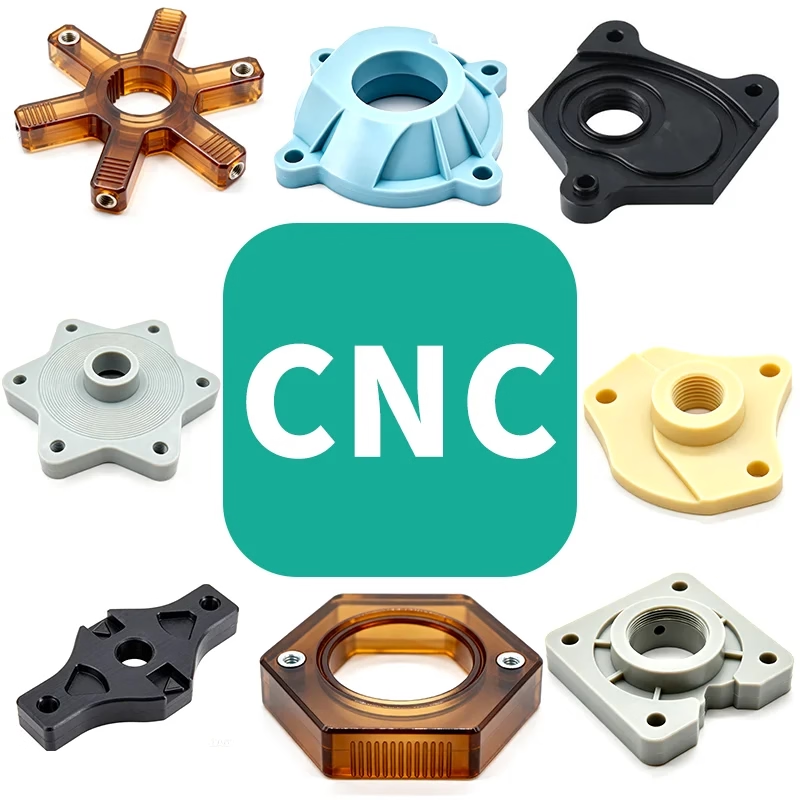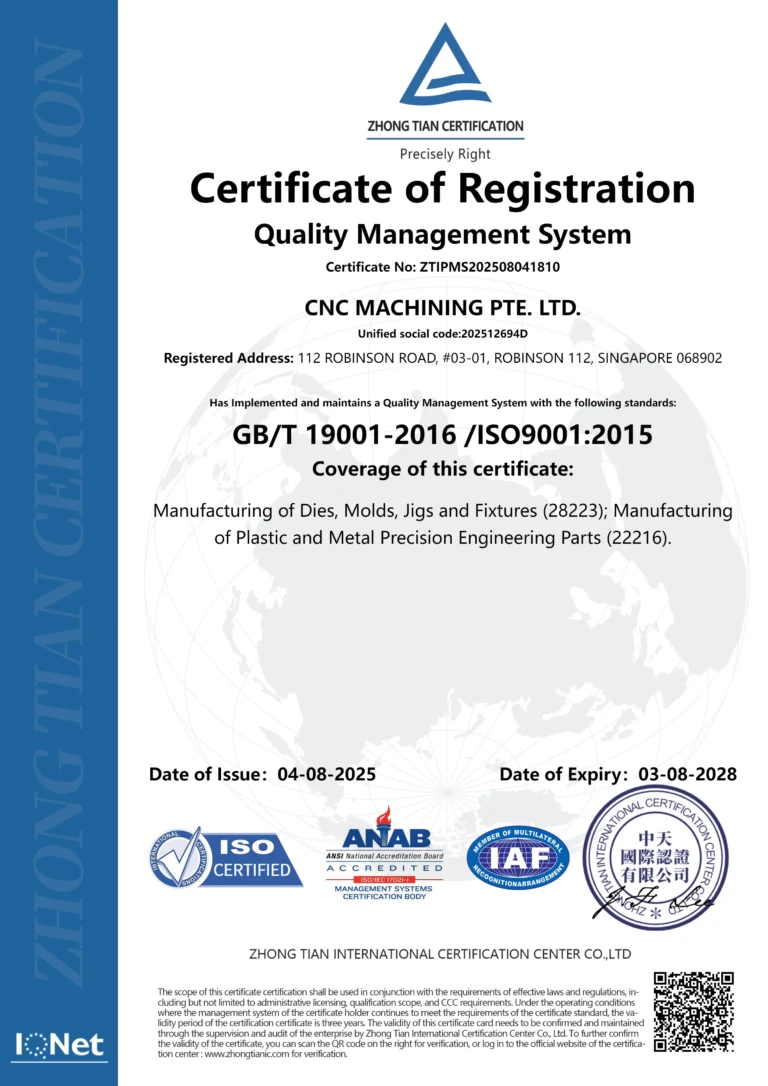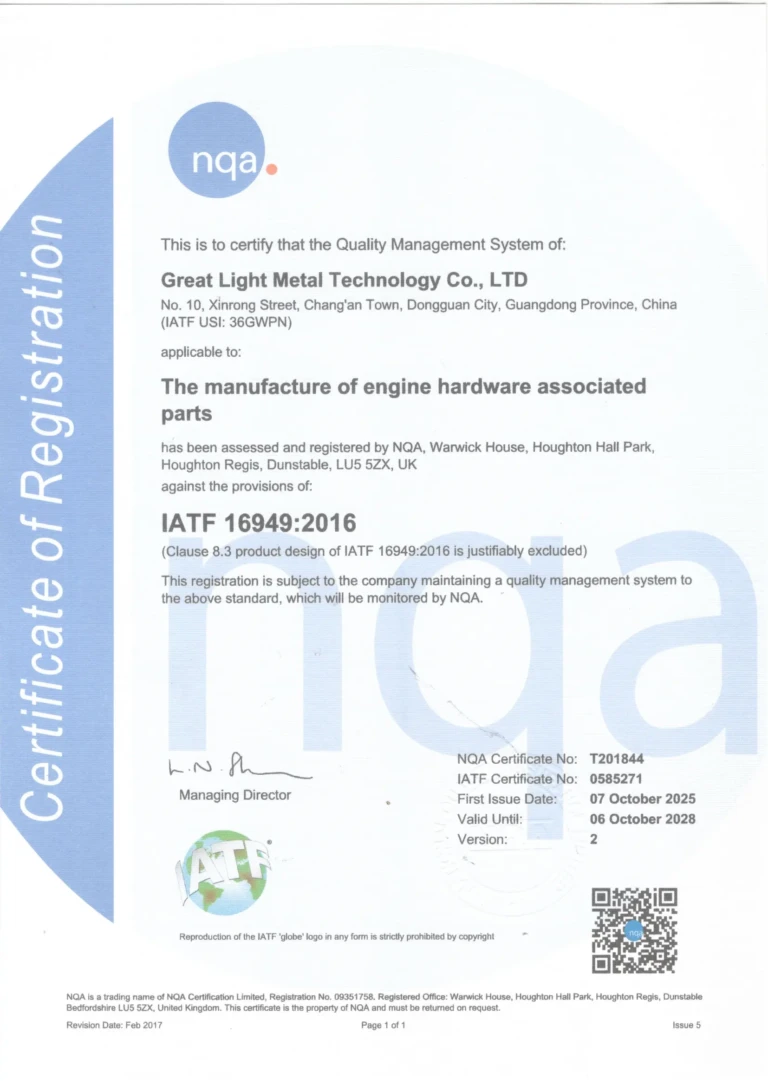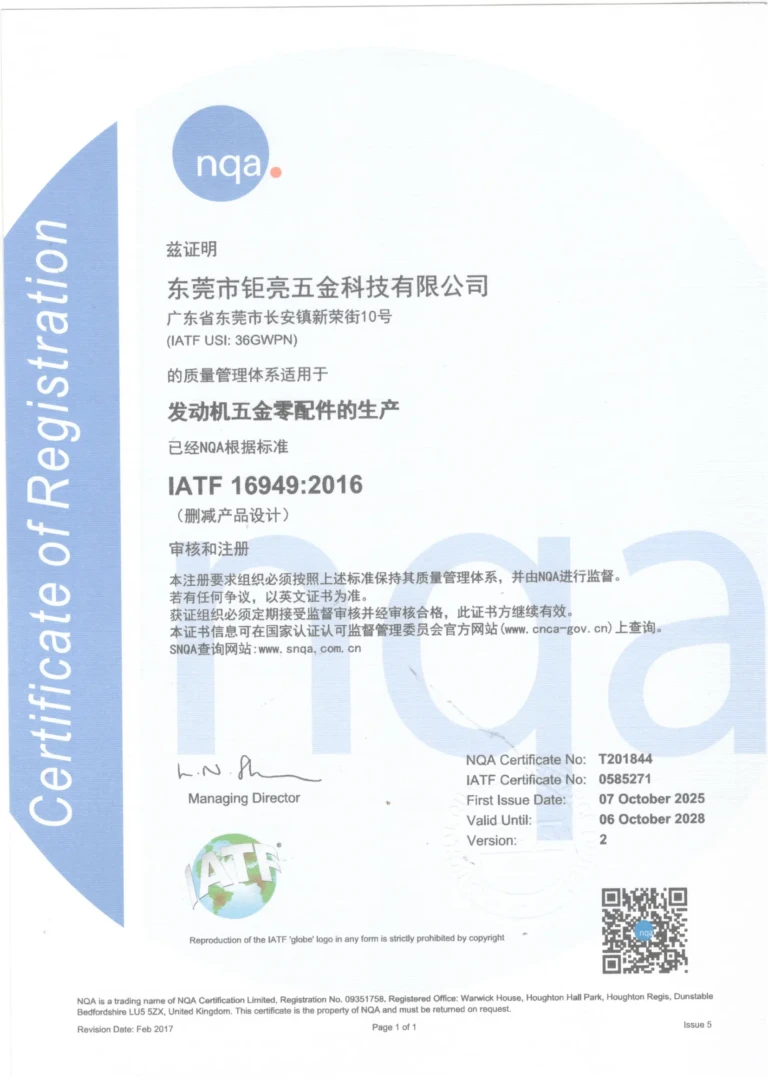The 3D printing technology has been rapidly evolving over the years, and with this growth, the demand for skilled professionals has increased. The Internet is flooded with individuals claiming to be 3D printing experts, but without the necessary knowledge and skills, their actions can be detrimental to the industry. That’s where certification comes in – to ensure that professionals possess the required expertise and understanding of the technology, allowing them to produce high-quality prints and designs. In this article, we’ll discuss the importance of certification in 3D printing and why it’s a must-have for anyone looking to make a name in the industry.
The Growing Demand for 3D Printing Professionals
The 3D printing industry has experienced a tremendous amount of growth in recent years, with its applications expanding into various sectors, including manufacturing, healthcare, aerospace, and education. As a result, the demand for 3D printing professionals has increased significantly. This surge in demand is largely driven by the need for skilled individuals who can design, develop, and engineer complex 3D printing projects. With so many aspiring 3D printing professionals entering the market, it’s essential to ensure that they possess the necessary skills and knowledge to deliver high-quality results.
Lack of Standardization and Regulation
One of the primary reasons why certification is crucial in 3D printing is the lack of standardization and regulation in the industry. Unlike traditional manufacturing industries, there’s no single set of standards or guidelines for 3D printing. This can lead to inconsistent results, which can be detrimental to the industry’s reputation. By obtaining certification, professionals can demonstrate their expertise and ensure that their work meets international standards, providing peace of mind for clients and stakeholders.
International Certification Bodies
There are several international certification bodies, such as the 3DGS (3D Certification Group), the 3D Printing Certification Institute, and the Additive Manufacturing (AM) Certification Body, that provide various levels of certification for 3D printing professionals. These organizations have set rigorous standards and assessments to ensure that certified professionals possess the necessary knowledge and skills to deliver high-quality results.
Benefits of Certification for 3D Printing Professionals
- Increased Credibility: Certification provides a level of credibility, as it demonstrates an individual’s expertise and commitment to their craft. This can lead to increased recognition and respect within the industry, making it easier to attract top clients and projects.
- Improved Job Prospects: Certification can enhance job prospects, as it showcases an individual’s capabilities and skills to potential employers. This can result in better job opportunities, higher salaries, and access to exclusive projects.
- Professional Development: The certification process itself can be a valuable learning experience, as it requires professionals to stay up-to-date with the latest technologies, software, and best practices. This continued education and training can lead to improved professional development and personal growth.
- Industry Recognition: Certification can lead to industry recognition, as certified professionals are often recognized as experts in their field. This can result in speaking engagements, media appearances, and invitations to contribute to industry publications.
- Increased Confidence: Certification can boost an individual’s confidence, as it recognizes their expertise and skills. This increased confidence can lead to improved job performance, better decision-making, and enhanced overall productivity.
Certification Levels and Specializations
Certification levels and specializations vary depending on the certification body and the individual’s area of expertise. Generally, certification can be categorized into three levels, from beginner to expert, with each level requiring increasingly advanced knowledge and skills. Some of the most common specializations include:
- Operator: Focuses on the technical aspects of 3D printing, including the operation and maintenance of 3D printers.
- Designer: Involves the creation of 3D models, designs, and prints, with a focus on aesthetics, functionality, and technical constraints.
- Engineer: Requires a deep understanding of the underlying technology, materials, and software used in 3D printing, as well as the ability to design and develop complex systems and products.
- Expert: At the highest level, experts possess a comprehensive understanding of all aspects of 3D printing, including design, development, and operation.
The Next Steps: Preparing for Certification
If you’re a 3D printing professional looking to gain certification, here are some next steps:
- Research: Research the available certification bodies and their programs to determine which one aligns best with your goals and expertise.
- Review the Prerequisites: Review the prerequisites for each certification level and specialization, including the required education, experience, and training.
- Develop a Study Plan: Create a study plan, including a schedule, resources, and milestones to help you prepare for the certification exam.
- Stay Up-to-Date: Stay up-to-date with the latest technologies, software, and best practices by attending industry conferences, workshops, and online courses.
- Network: Network with other professionals in the industry to learn more about their certification experiences, and to potentially secure mentorship or guidance.
Conclusion
In conclusion, certification is crucial in the 3D printing industry, as it provides a level of standardization, regulation, and recognition. With the increasing demand for 3D printing professionals, certification can make a significant difference in one’s career, opening doors to new opportunities, and providing a sense of accomplishment and pride. By understanding the benefits, levels, and specializations of certification, individuals can prepare themselves for a successful and rewarding career in 3D printing.
Daguang focuses on providing solutions such as precision CNC machining services (3-axis, 4-axis, 5-axis machining), CNC milling, 3D printing and rapid prototyping services.
